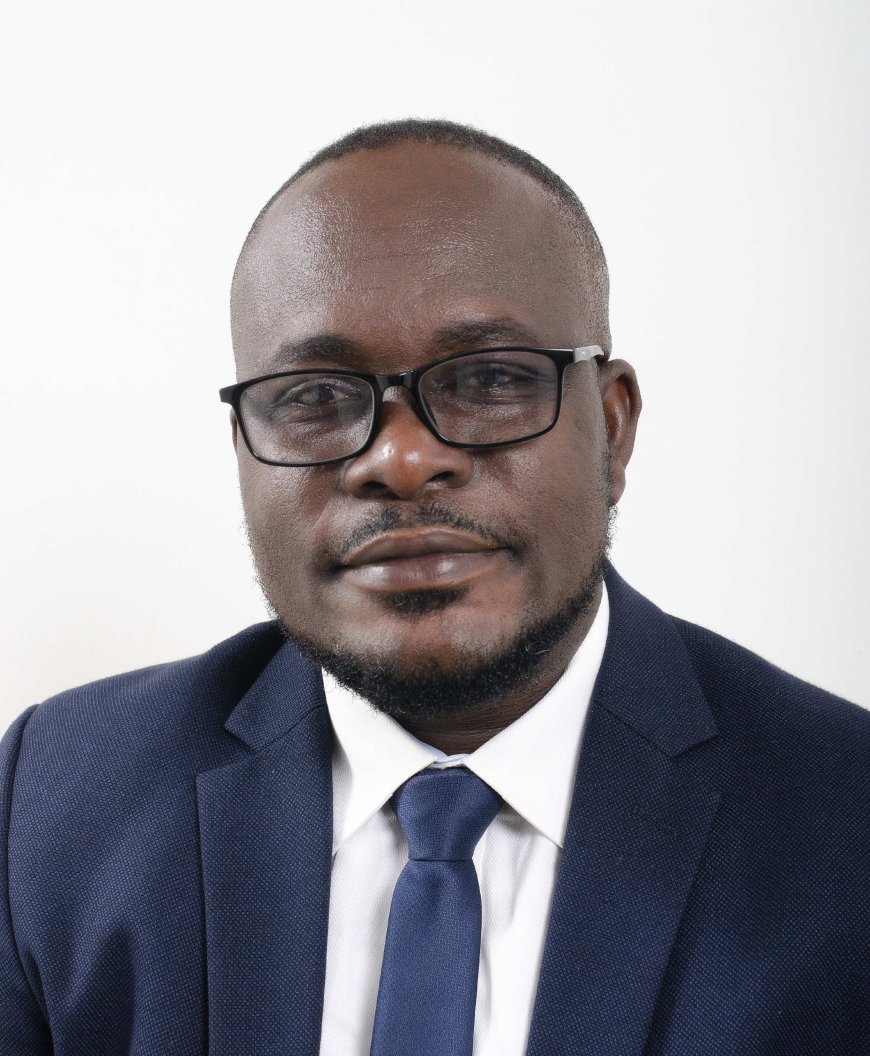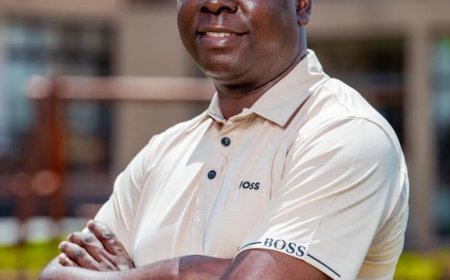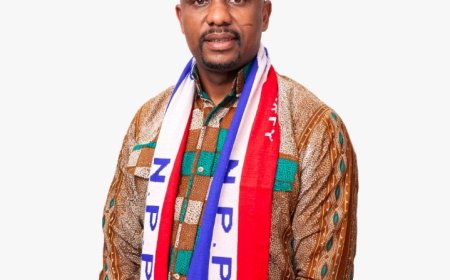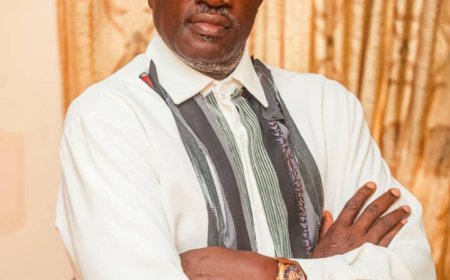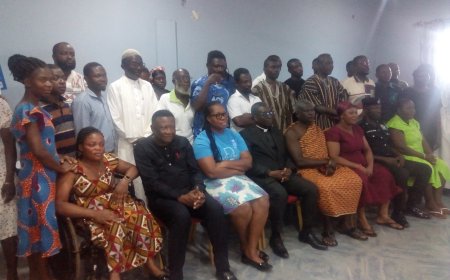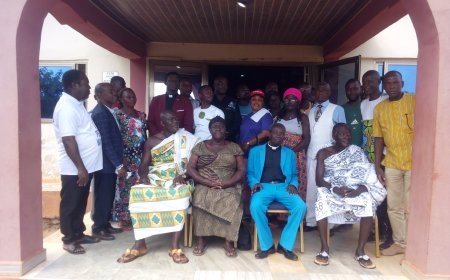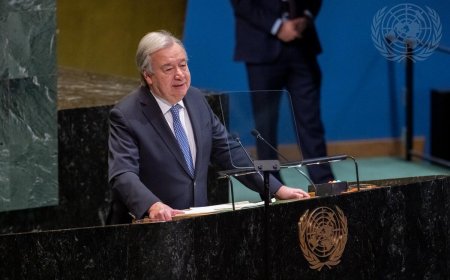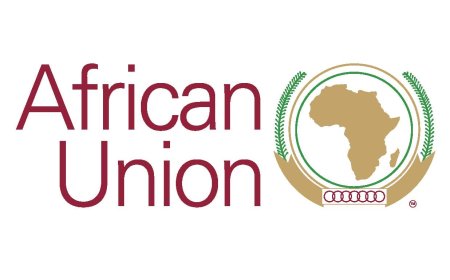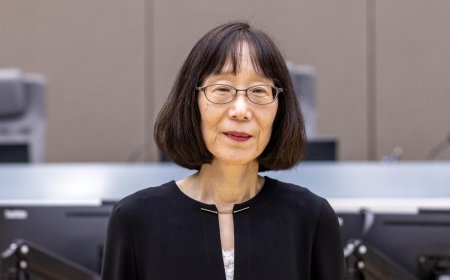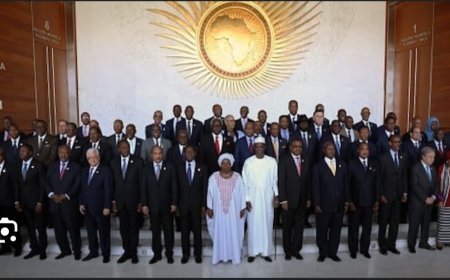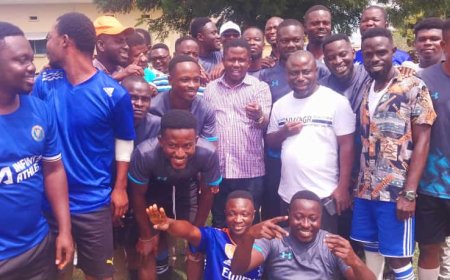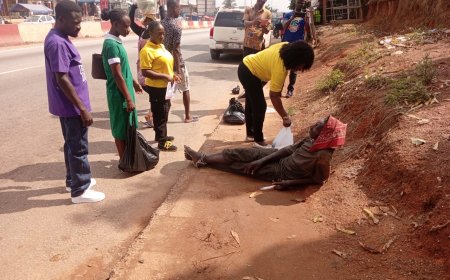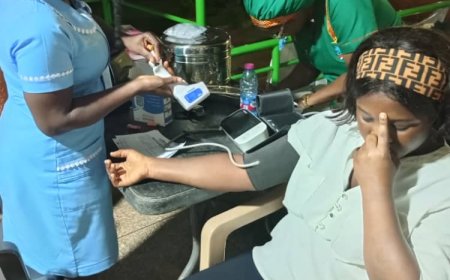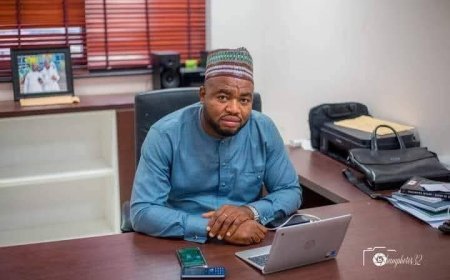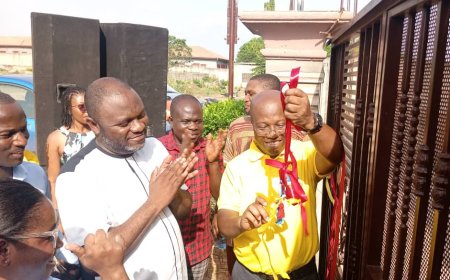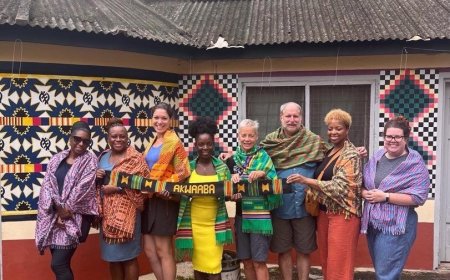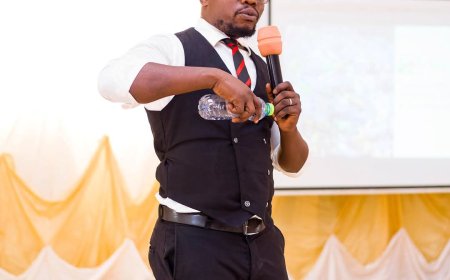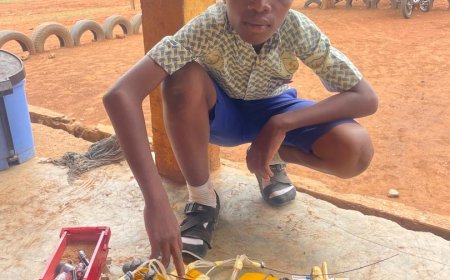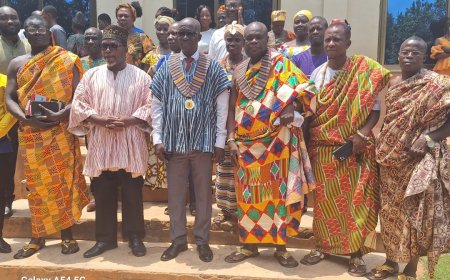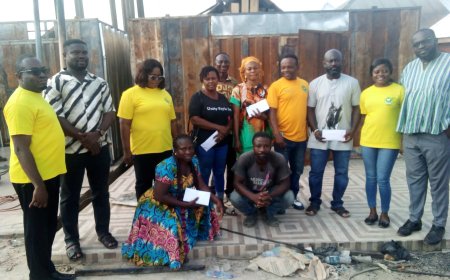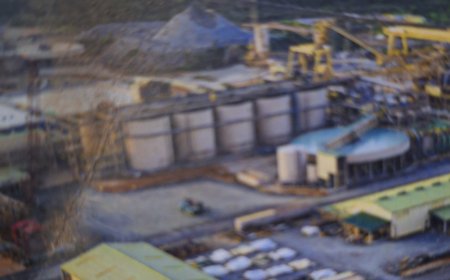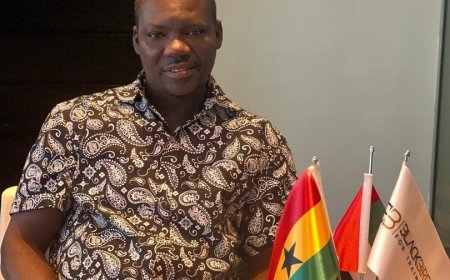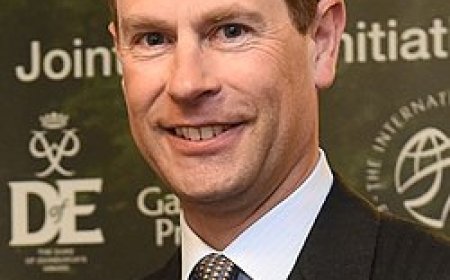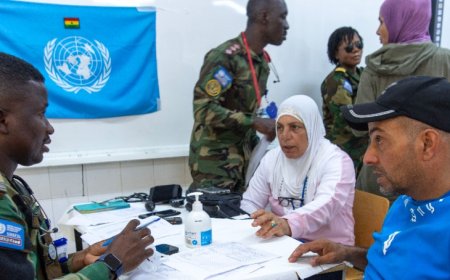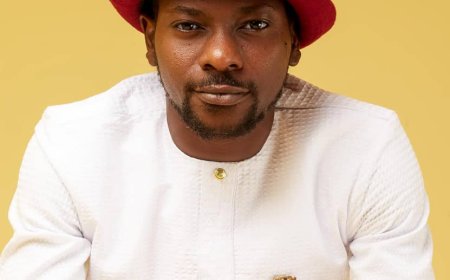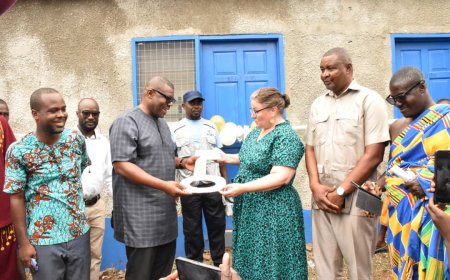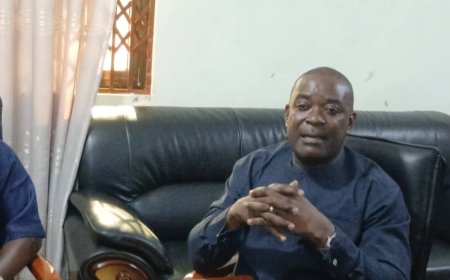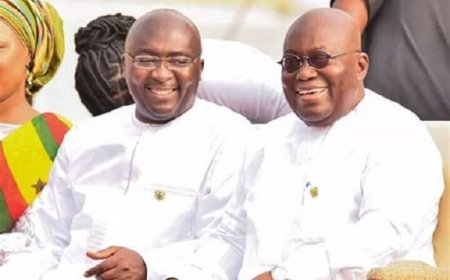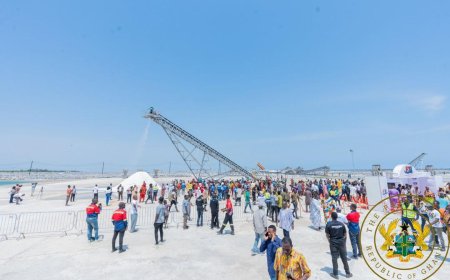Report by Emmanuel Adu GYAMFI
Prof Henry Kofi Mensah, an Associate Professor, Department of Human Resource and Organisational Development, Kwame Nkrumah University of Science and Technology (KNUST), has entreated teachers in the country to adapt to new methods of teaching and learning.
He indicated that with the rapid advancement of technology in the world, the education landscape is transforming and that stakeholders in the sector especially teachers, must embrace Information, Communication and Technology (ICT) tools in their work.
The University Lecturer stated that computerization of work is moving fast from routine tasks involving explicit rule - based activities to non - routine cognitive tasks, where most 'human touches' are being replaced by 'soft touches' due to automation and digitalisation.
Prof Henry Kofi Mensah said these at Bechem in the Ahafo region when he delivered a speech at the 75th anniversary lecture of St Joseph College of Education (JOSCO) on the topic, "re - imagining the future of work for the teacher in a digitalised world; lessons for teacher education".
The St Joseph College of Education, which was established in 1948 with three teachers and 30 students, now has 104 teaching and non - teaching staff, and 1,334 students.
He said most people feel that education is an essential human undertaking where learning is best guided by expert human teachers in a socially rich setting, but when COVID - 19 pandemic interrupted classroom learning, we were forced to find ways to maintain continuity of learning without physical proximity.
The University Lecturer stressed that though the exceptional methods used during the schools closure were mainly ad hoc, these experiences with digital technologies will surely affect education in the post - COVID - 19 urging "it will have impact on how the teaching profession is defined going forward".
Prof Henry Mensah said technologies are potentially shaping the future of the teaching profession rapidly including learning analytics applications, intelligent tutoring systems, adaptive learning technologies, educational chat bots, virtual reality augmented teaching.
He implored teachers to pursue digital literacy in order to be able to use digital tools effectively such as online learning platforms, multimedia tools, and other educational software to enhance effective teaching and learning, in and outside the traditional classroom setting.
" experts believe that by 2025, about 90 per cent of people worldwide will have access to broadband internet. This will significantly affect future learning as almost 9 billion people could potentially participate it it" the Lecturer indicated.
Prof Henry Mensah said surely, there will be changes beyond academics in the digital footprints that schools from elementary to college will offer, where there will be a shift in the delivery of services like textbooks, technology support, course materials, and career counseling from physical to digital.
He added that technologies prepare teachers and students to ensure the acquisition of skills and knowledge in basics of reading, writing, arithmetic, digital thinking and problem - solving saying "as teachers, we must be willing to learn new skills and adapt to new technologies.
The University Lecturer emphasised that in the way - forward, a new policy reforms must be put in place to re - configure teacher education to embrace the exigencies of the future, invest in digital infrastructure, training in educational technologists, a policy on electronic learning and online education.
Dr Henry Mensah admonished that many technology tools can be used to engage students in the classroom including online tools that help students complete assignments while still engaging them electronically, such as Kahoot and Quizlet.
He indicated that the most important tools for students engagement are those that enable students to learn in methods that is engaging, interactive, and effective such as Google Classroom, Microsoft Teams, Zoom, and G - Suite.
"educators need to think critically about how to deploy technology strategically in service of their educational vision, rather than allowing technology to dictate the vision. With togetherness, our education will be great and strong" Prof Henry Kofi Mensah stated
